Next week’s Camp Au Pair theme will be Bugs & Butterflies.
More than 100 crafts, recipes, and activities related to all kinds of bugs, insects, butterflies, and spiders can be found here on the Camp Au Pair – Bugs & Butterflies pinboard.
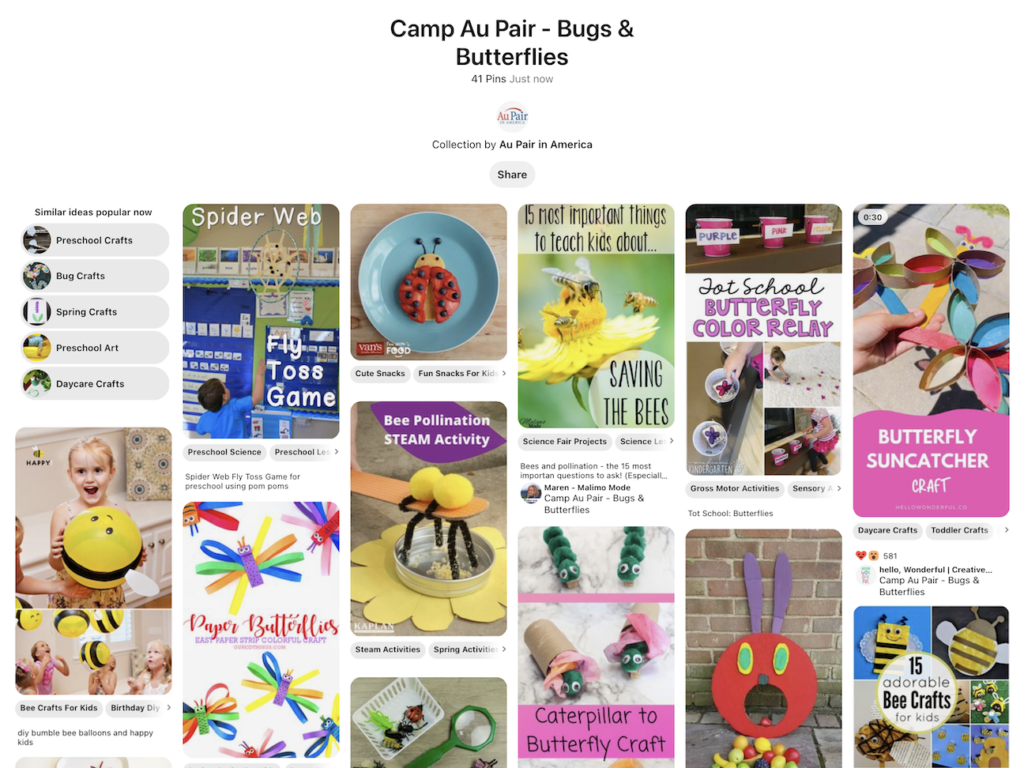
Field Trips can be an excellent way for kids to learn and have new experiences. Get permission from your host parents before any outings. Check the websites before you go to be sure you understand the hours, costs, and whether advance tickets/reservations are required. Search online to see if your area has any of the following:
- Butterfly Garden or Exhibit
- Nature Center
- Parks with Nature Areas
- Wildlife Refuge
- Zoo
Outdoors – Kids today do not spend enough time outdoors. Take the kids in the backyard or another nature area (approved by your host parents) and do some activities related to this theme:
- Allow them to search for bugs and butterflies.
- Observe lightning bugs (also known as fireflies) in the evening. Here is a map showing what people call these little guys in different parts of the country.
- After it rains, look for earthworms. Not bugs or butterflies, but very interesting creatures you can find in your own backyard.
NOTE: If you are outdoors with the children, be sure to check for ticks when you come back inside. Here is a blog post explaining the health risk ticks can pose and how to find and remove them safely.
Webcams – You can do a Google search for websites with webcams that allow you to observe bugs. Here are some to get you started.
- Beehive Webcam in Buchloe, Germany
- Butterfly Cam in Key West, Florida
- Butterfly Cam at Melbourne Zoo, Australia
- Honeypot Ant Webcam in Ames, Iowa
- Leafcutter Ants Webcam at Museum of Science in Boston, Massachusetts
Books – Make a trip to the library and/or check your kids’ bookshelf for books on bugs and butterflies. You may find some classics like The Very Hungry Caterpillar or The Grouchy Ladybug by Eric Carle. You can also find books being read aloud on YouTube videos like this one.
Movies – There are lots of movies with insect themes.
- The Ant Bully
- Antz
- A Bugs Life
- The Bee Movie
- Charlotte’s Web
- James & the Giant Peach
- Maya the Bee
- Miniscule: Valley of the Lost Ants
- Wings of Life (documentary)
Videos – You can find many great videos of butterflies and insects on YouTube. Check out these videos for kids about bees and ants. All about Insects covers lots of tiny creatures who crawl and fly. Here are a few videos to get you started.
Image: minieco.co.uk



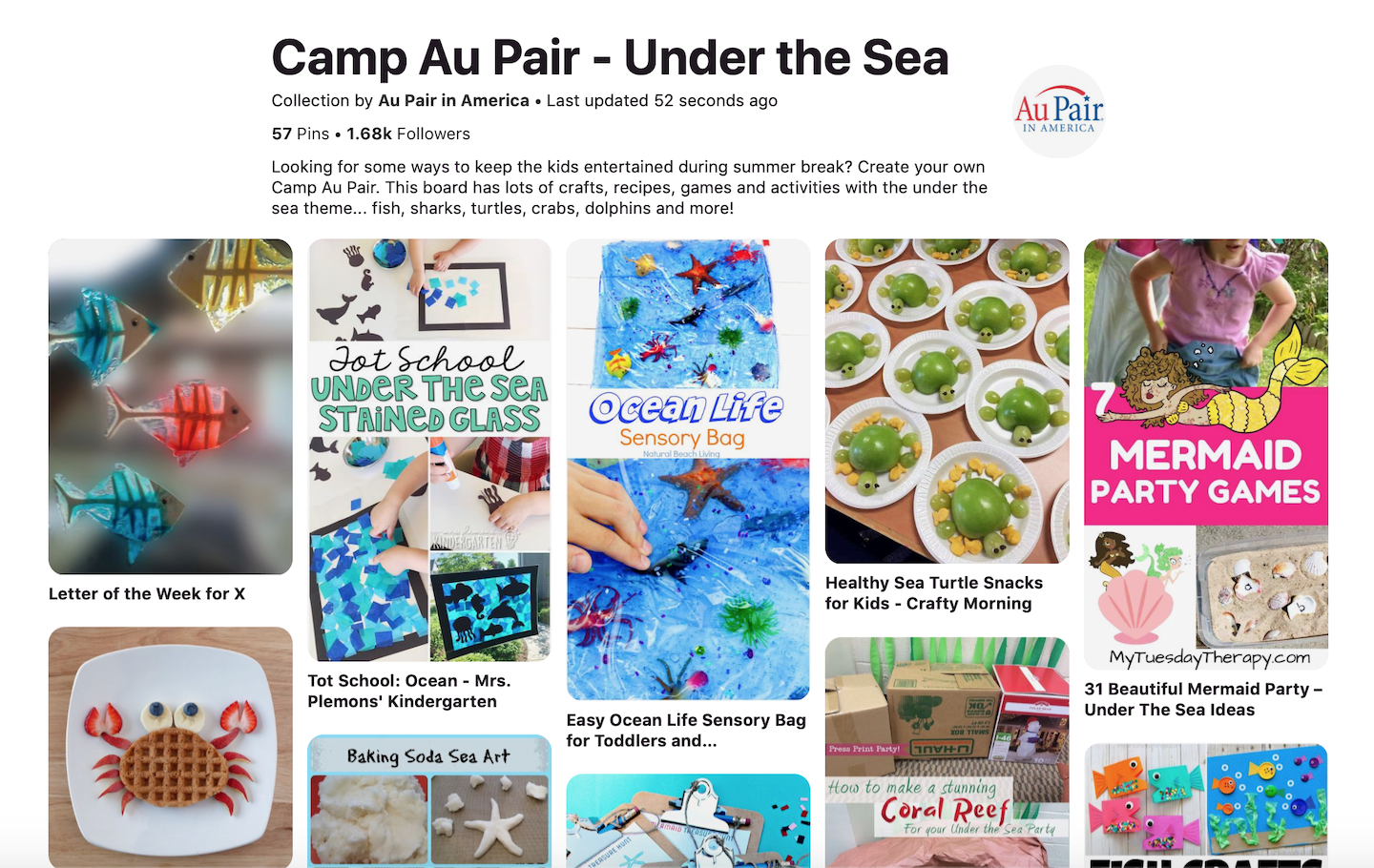


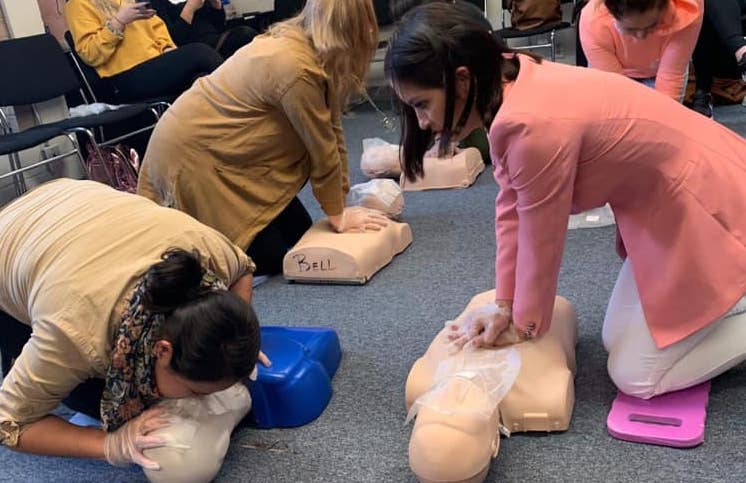
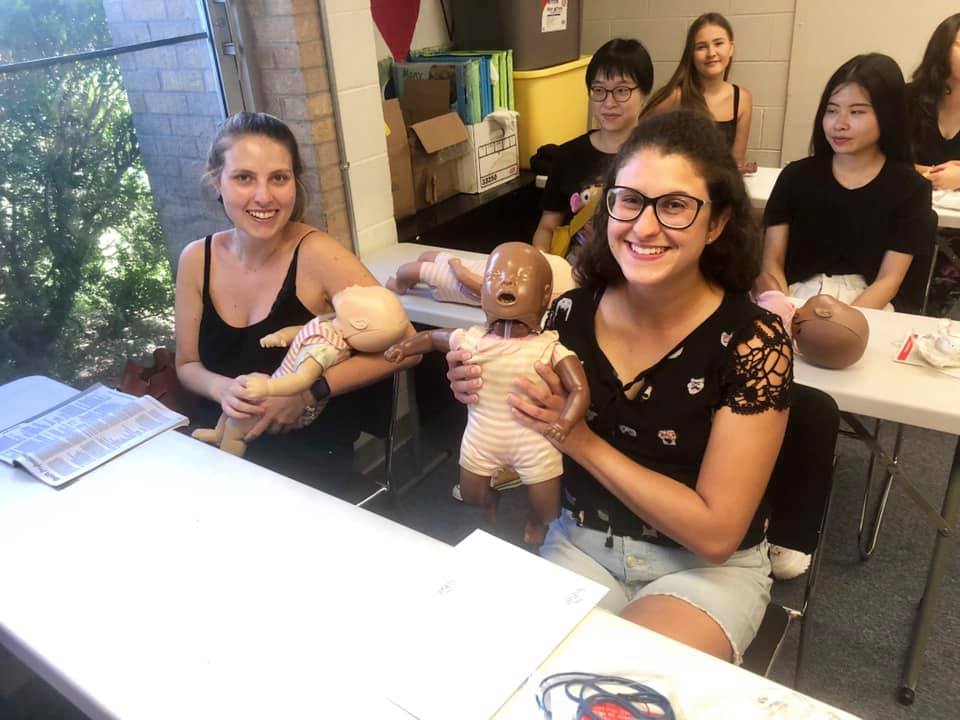 Classes are available through the Red Cross. Au Pair in America will pay for the cost of a class providing an au pair has at least six months left on her visa and is taking one of several approved childcare/child safety-related classes, such as Adult and Pediatric First Aid/CPR/AED. Au pairs should check with their community counselor and host family before signing up. Au Pair in America will register the au pair directly.
Classes are available through the Red Cross. Au Pair in America will pay for the cost of a class providing an au pair has at least six months left on her visa and is taking one of several approved childcare/child safety-related classes, such as Adult and Pediatric First Aid/CPR/AED. Au pairs should check with their community counselor and host family before signing up. Au Pair in America will register the au pair directly.
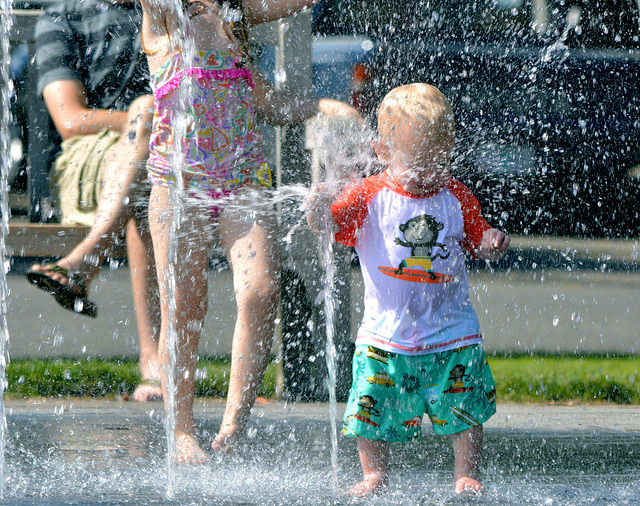
 Homesickness can be a problem during the holidays, even if it hasn’t been at any other time of the year. Au pairs often miss their friends and family, familiar places and their own traditions and customs. The holiday activities in the United States seem, and may actually be, different just at a time when an au pair would welcome something familiar.
Homesickness can be a problem during the holidays, even if it hasn’t been at any other time of the year. Au pairs often miss their friends and family, familiar places and their own traditions and customs. The holiday activities in the United States seem, and may actually be, different just at a time when an au pair would welcome something familiar. 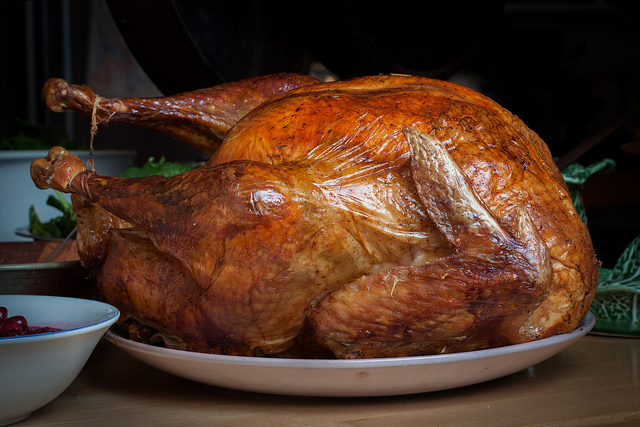
 Dehydration means that the body lacks the necessary amount of fluid. Infants and small children are more likely to become dehydrated than older children or adults, because they can lose relatively more fluid quickly.
Dehydration means that the body lacks the necessary amount of fluid. Infants and small children are more likely to become dehydrated than older children or adults, because they can lose relatively more fluid quickly.